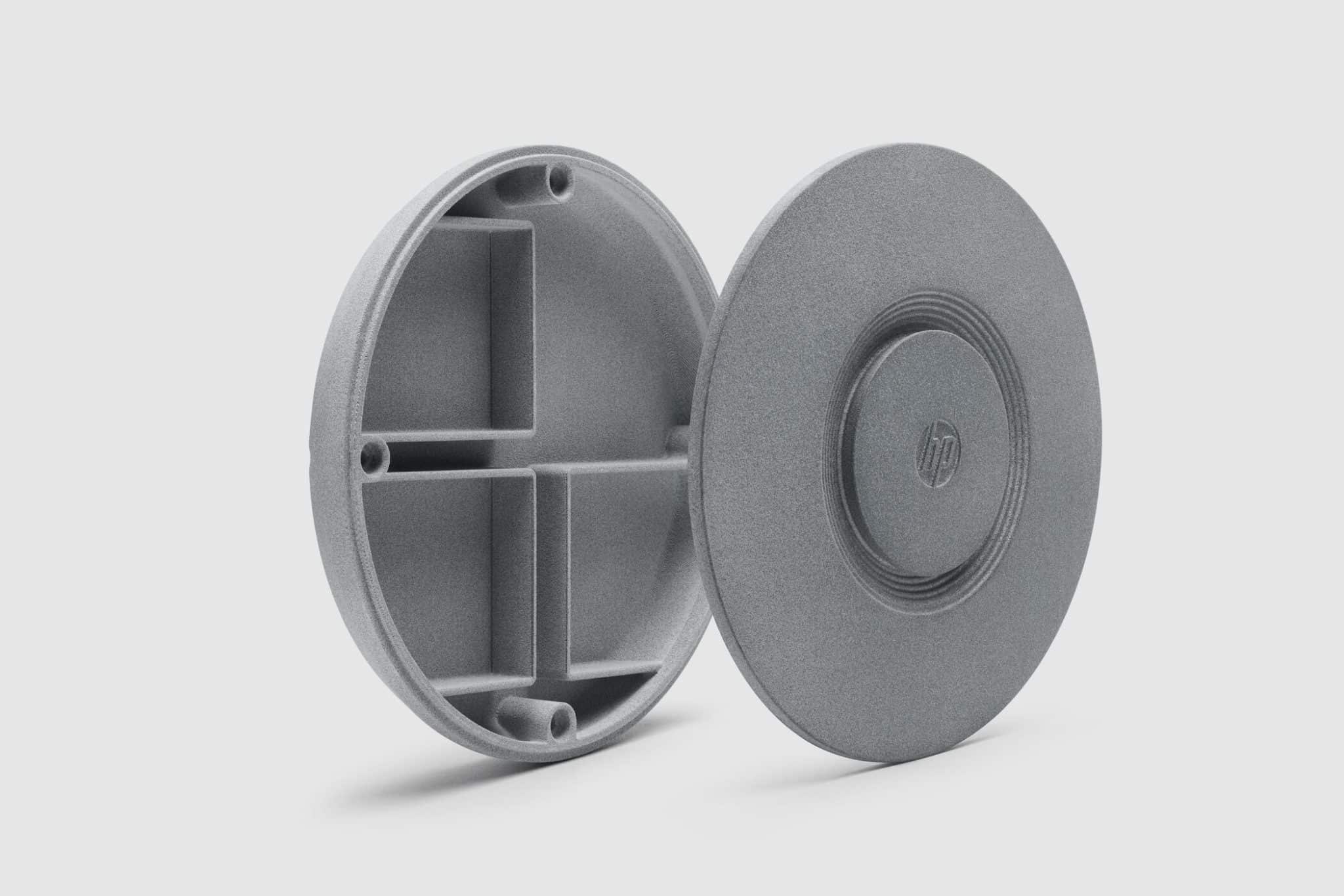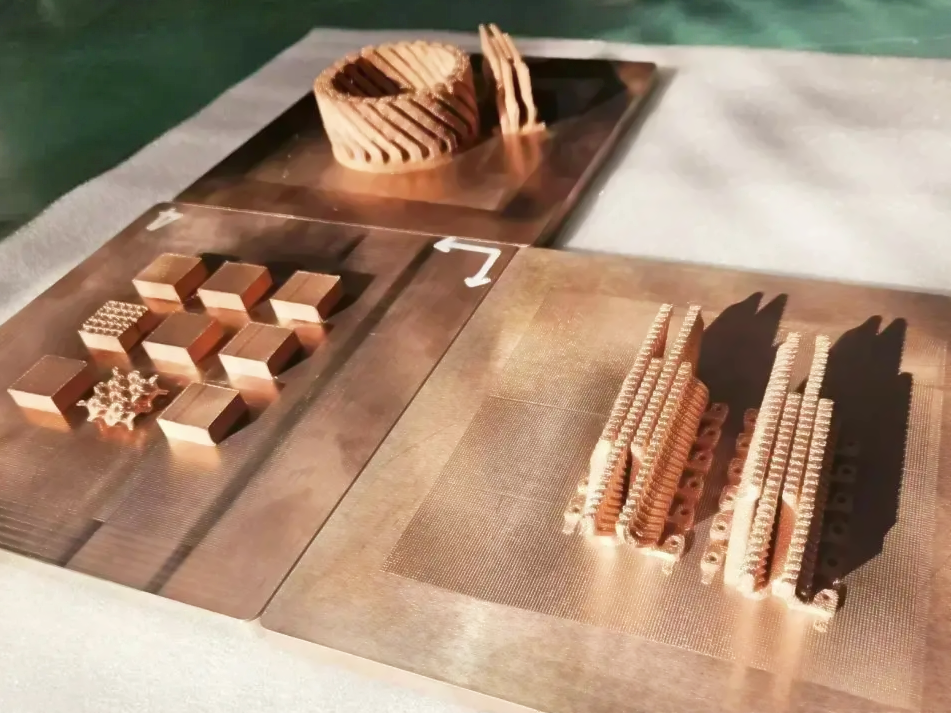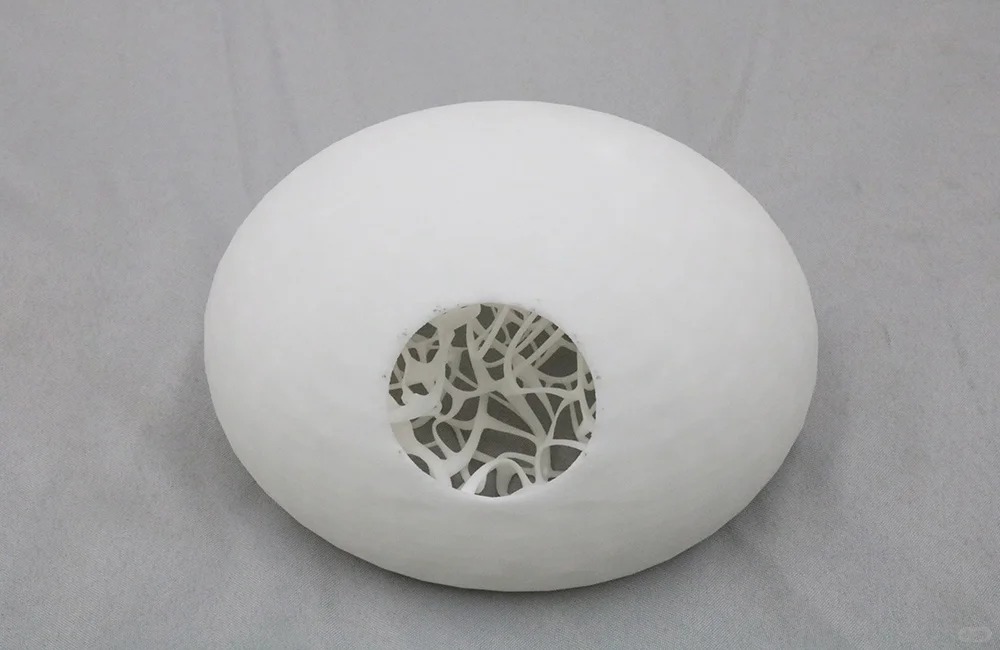Can SLA be used for producing high-strength plastic parts, and what are its advantages?
Can SLA Be Used for Producing High-Strength Plastic Parts, and What Are Its Advantages?
SLA for High-Strength Functional Components
Yes, Stereolithography (SLA) can be used to produce high-strength plastic parts, particularly when using advanced engineering-grade resins. While SLA is traditionally known for producing high-resolution prototypes, modern formulations such as tough resins, durable resins, and high-temperature resins now enable functional components suitable for load-bearing, mechanical, and thermally demanding applications.
Key Advantages of SLA for High-Strength Parts
1. Exceptional Resolution and Surface Finish
SLA provides surface finishes as smooth as Ra 1–2 µm and supports tolerances down to ±50 µm. This level of detail is ideal for parts requiring precision mating, fine threads, or sealing surfaces in mechanical assemblies.
2. Material Versatility
Tough and engineering resins mimic the behavior of ABS, polypropylene, or polycarbonate. These materials offer:
Tensile strength up to 55–65 MPa
Elongation up to 50%
Heat deflection temperatures exceeding 230°C with high-temp resins
3. Complex Geometries and Thin-Walled Features
SLA is particularly effective for parts with intricate lattice structures, fine channels, or delicate wall sections, making it suitable for housings, brackets, connector bodies, and fluidic components.
4. Post-Processing Compatibility
SLA parts can be post-cured, sanded, coated, or machined for improved mechanical properties and dimensional tuning. Some resins are also compatible with painting or metal coating for added durability.
Customer-Oriented Solutions and Services
To support high-strength plastic part production with SLA, we offer:
3D Printing Technologies:
Use our Resin 3D Printing solutions powered by SLA for precision plastic components.
High-Performance Resin Materials:
Choose from tough, durable, and high-temperature resins for mechanical strength, thermal stability, and impact resistance.
Industry Solutions and Finishing:
Explore part applications in automotive, medical and healthcare, and consumer electronics, supported by surface finishing and CNC machining.



